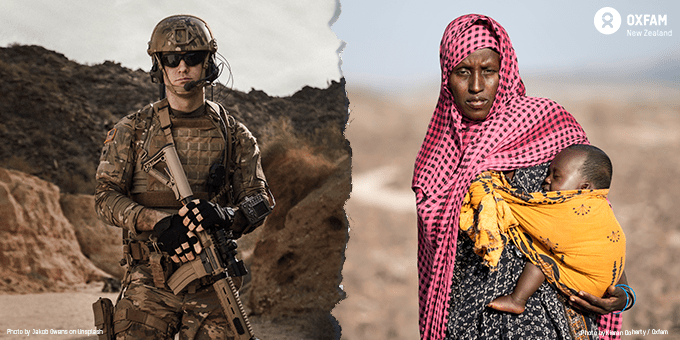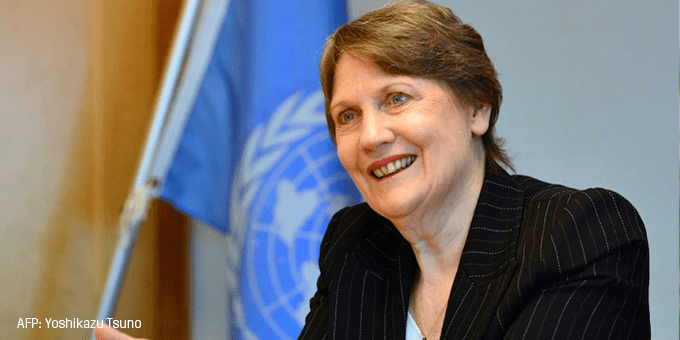Oxfam supports the policies that Prime Minister Ardern showcased during the first day of the virtual Climate Summit hosted by the United States of America, and acknowledges their important contribution to stop global heating, but urges our Government to significantly ramp-up its ambition.
Oxfam New Zealand’s Communications and Advocacy Director, Jo Spratt said: “despite being an active voice globally on climate change right now, New Zealand is not a leader in this collective fight. We are not even a fast follower. Our emissions are continuing to go up, and we are not contributing our fair share of climate finance to those on the frontlines of climate breakdown.”
“President Biden’s new climate target to halve their emissions demonstrates that he and his administration are serious about tackling the climate crisis, and really puts the heat on the New Zealand government to at least match this level of ambition, or else get left further behind. New Zealand must do far to achieve our fair share of staying within 1.5 degrees.”
“While the introduction by the government of legislation to require climate reporting for large financial institutions is a welcome move, as is our focus on climate adaptation, what we need to see next is the government stepping up with further policies that can bring emissions down in our most polluting sectors at home – agriculture and transport – and doing more to support those on the frontlines of the climate crisis through climate finance.
“We hope the New Zealand Government can follow through with inclusive and just policy changes that reflect the seriousness of the issue and their obligations under the Paris Agreement to lift the momentum of ambition and action.”
We must do this not only for New Zealanders, but also for communities across the Pacific and beyond, who are already enduring the worst impacts of global heating, and are relying on countries like New Zealand to do our fair share.
/Ends
For interviews or more information please contact:
Joanna Spratt, [email protected], Ph: 0210-664-210








